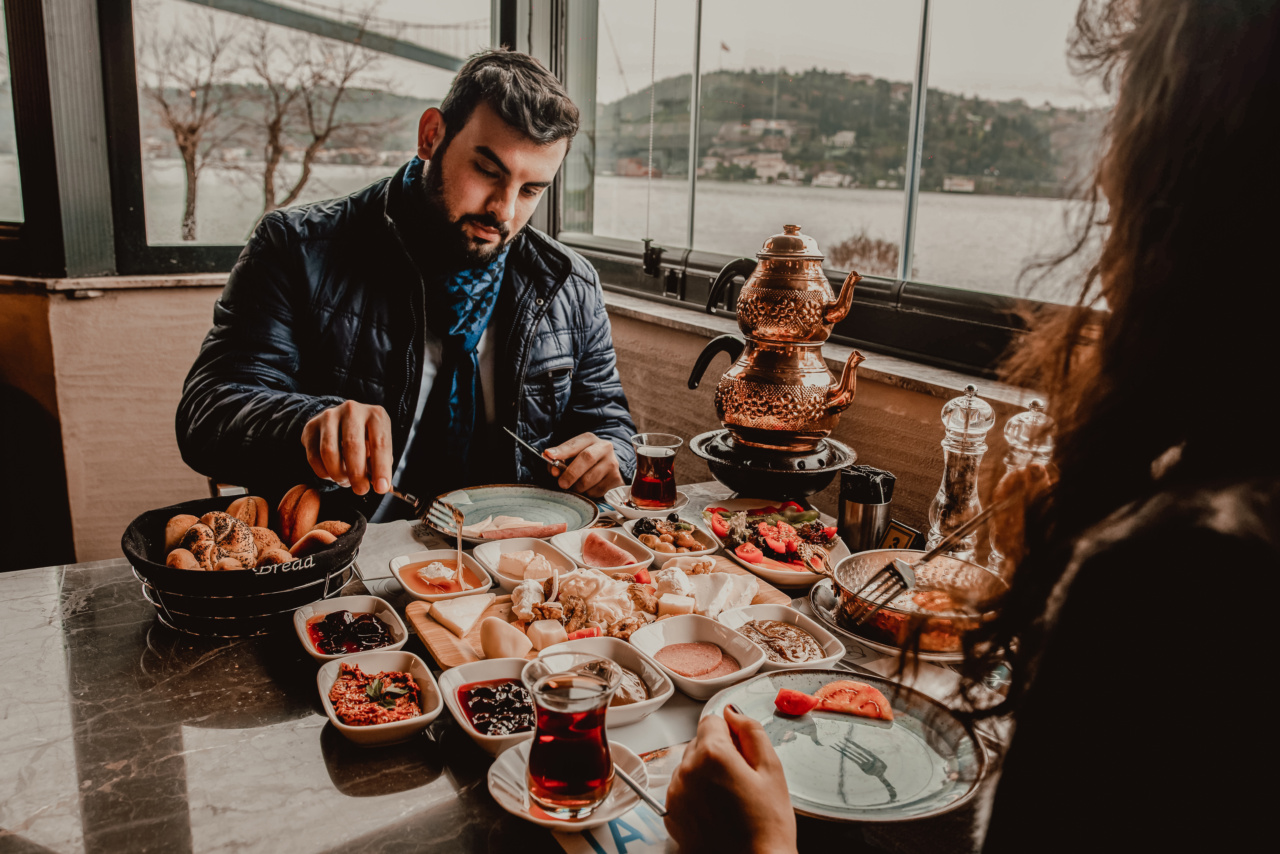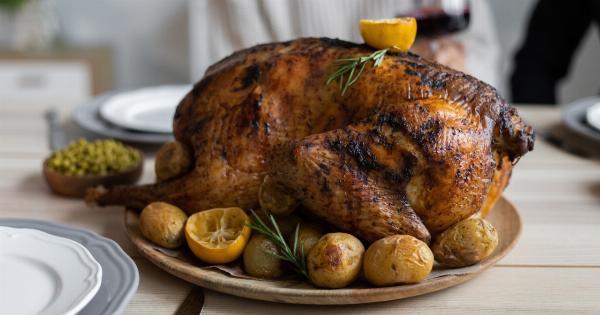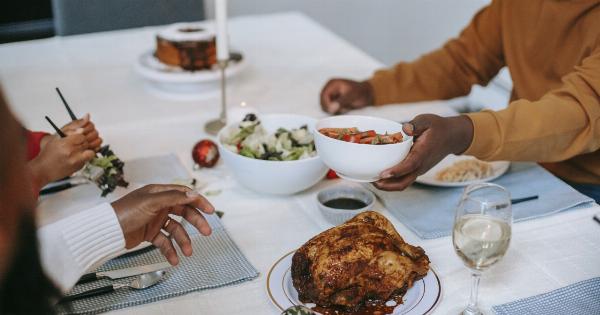Turkey is a staple in many holiday meals, but it can also pose a hidden danger in the form of food poisoning.
While properly cooked turkey is safe to eat, there are several steps you need to take to ensure that your turkey is cooked thoroughly and free from harmful bacteria.
Understanding Food Poisoning from Turkey
Food poisoning from turkey is caused by bacteria such as Salmonella and Campylobacter, which can be found on the surface of raw turkey. These bacteria can make you sick if you eat undercooked or improperly prepared turkey.
The symptoms of food poisoning from turkey can include nausea, vomiting, diarrhea, abdominal pain or cramping, fever, and dehydration. In severe cases, food poisoning can even be fatal.
Preventing Food Poisoning from Turkey
There are several steps you can take to prevent food poisoning from turkey:.
Thaw Safely
Thawing your turkey properly is critical to preventing food poisoning. The best way to thaw a turkey is to leave it in the refrigerator for several days.
If you don’t have time to thaw your turkey in the refrigerator, you can also thaw it in cold water or in the microwave.
Clean and Sanitize
Before handling your turkey, it’s essential to wash your hands and any surfaces or utensils that will come into contact with the turkey.
Use soap and warm water to wash your hands thoroughly, and use a disinfectant cleaner to sanitize any surfaces that the turkey will touch.
Cook Thoroughly
Cooking your turkey to the proper temperature is essential to killing any harmful bacteria. The USDA recommends cooking turkey to an internal temperature of 165 degrees Fahrenheit.
Store Safely
Leftover turkey should be stored in the refrigerator within two hours of being cooked. Be sure to use a clean container and wrap the turkey tightly to prevent any contamination.
Danger Zones to Avoid
It’s essential to avoid danger zones to prevent food poisoning from turkey.
Danger zones include situations where food is left at room temperature for more than two hours or in temperatures above 40 degrees Fahrenheit but below 140 degrees Fahrenheit. These temperatures can cause harmful bacteria to grow.
When In Doubt, Throw It Out
If you’re unsure if your turkey is safe to eat, it’s best to throw it out. Don’t take any chances when it comes to food safety.
Conclusion
Turkey is a delicious and festive food, but it can also pose a hidden danger in the form of food poisoning. By following these simple steps, you can ensure that your turkey is safe to eat and avoid the risk of food poisoning.
Remember to always cook, clean, and store your turkey properly to keep your family and guests safe.




























